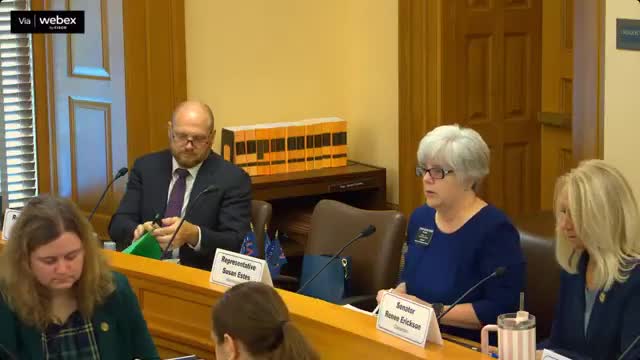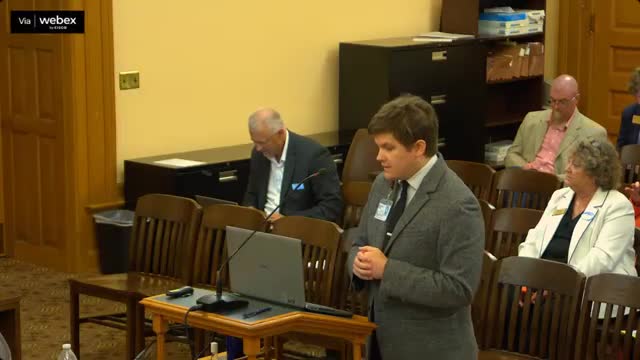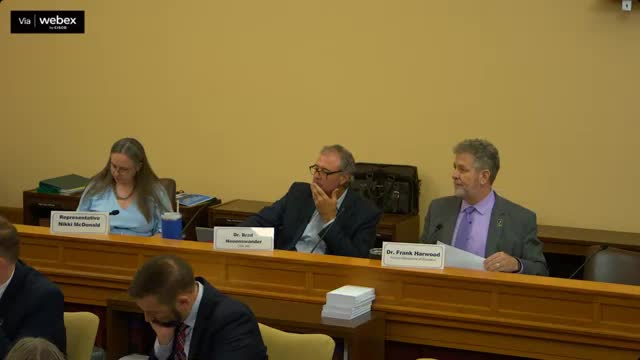Article not found
This article is no longer available. But don't worry—we've gathered other articles that discuss the same topic.

Task force reviews career and technical education funding, CTE weighting and Excel in CTE (SB 155)

Legislative staff review school finance flows and district cash balances; task force requests month‑by‑month breakdowns

